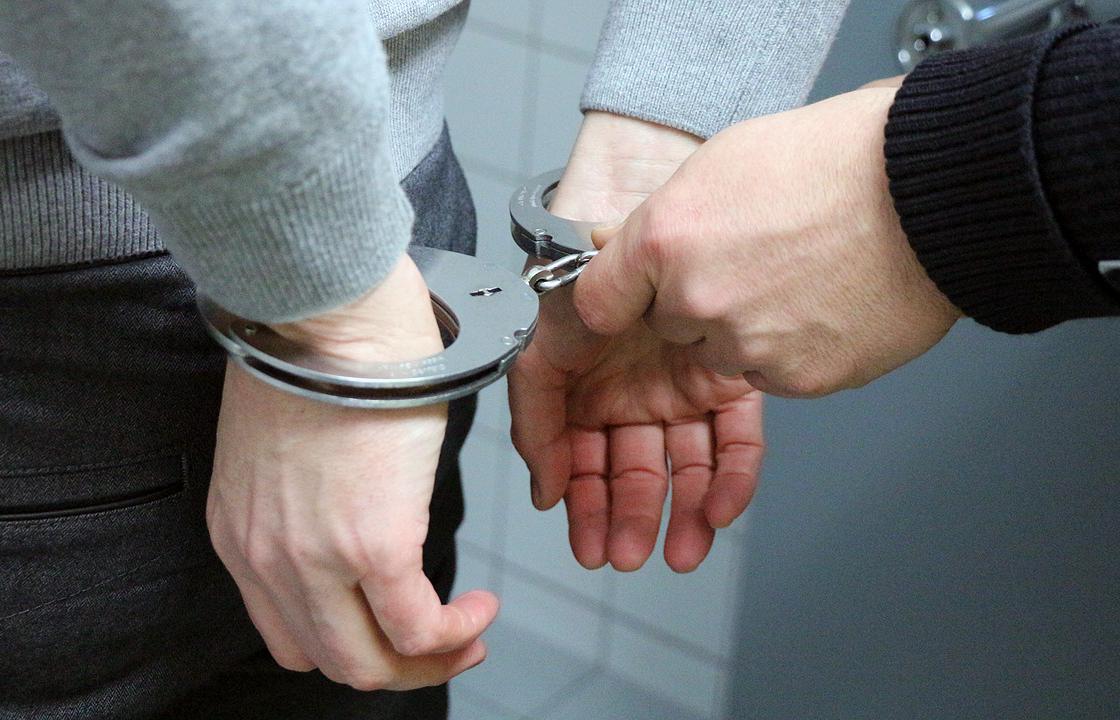Vietnam: What is the suspect? What is the defendant? How to distinguish the 2 of them?

Defendant, suspect are familiar terms in criminal cases. However, not everyone understands and distinguishes these two concepts. Bellow is the criteria so to easily recognize and distinguish the two terms suspect and defendants.
What is the suspect? What is the defendant?
- According to the provisions of Article 60 of the Criminal Procedure Code 2015, suspects are physical persons or juridical persons facing criminal charges. The rights and duties of juridical persons as suspects are executed by their legal representatives according to this Code.
- According to the provisions of Article 61 of the Criminal Procedure Code 2015, defendants are physical persons or juridical persons tried as per a Court’s decision. The rights and duties of defendants as suspects are executed by their legal representatives according to this Code.
Criteria distinguish suspect and defendant
|
Criteria |
Suspects |
Defendants |
|
Definition |
Physical persons or juridical persons facing criminal charges. There is a decision to prosecute by the procuracy |
Physical persons or juridical persons tried as per a Court’s decision with a specific time. |
|
Stage of the procedures |
Stage of filing of charges, investigation, prosecution |
Stage of adjudication |
|
Rights |
- Be informed of reasons for charges against them; - Be informed or explained about their rights and duties as per this Article; - Acquire decisions on charges against suspects and amendments to such decisions; written approvals of such decisions or amendments; decisions on enforcement, change or termination of preventive and coercive measures; final reports of investigation; decisions on suspension and suspension of investigations; decisions of suspension and suspension of lawsuits; charges, decisions on prosecution and other decisions on legal proceedings according to this Law; - Give statements and opinions and bear no obligation to testify against themselves or admit to guilt; - Present evidences, documents, items and requests; - Confer on relevant evidences, documents and items and request authorized procedural persons to check and evaluate such; - Requisition expert examinations, valuation; changes of authorized procedural persons, expert witnesses, valuators, interpreters and translators; - Defend themselves or be defended; - Read and write digital documents or copies of such regarding charges and vindication or other copies related to their defense, upon requests, after the end of investigations; - Complain about authorized procedural persons’ decisions and actions of legal procedure. |
- Obtain decisions on hearing of lawsuits; decisions on enforcement, change or termination of preventive and coercive measures; decisions on case suspension; judgments, Court's rulings and other decisions on legal proceedings as per this Law; - Attend the trial; - Be informed and explained about their rights and duties as per this Article; - Petition for expert examinations, valuation, change of authorized procedural persons, expert witnesses, valuators, interpreters, translators, summoning of witness testifiers, crime victims, individuals having duties and interests from the lawsuit, expert witnesses, valuators, other participants in legal proceedings and authorized procedural persons to the Court; - Present evidences, documents, items and requests; - Confer on relevant evidences, documents, items and request authorized procedural persons to inspect and assess such; - Defend themselves or be defended; - Give statements and opinions, bear no obligation to testify against themselves or admit to guilt; - Inquire and request Court presidents to question courtroom participants with the Court president’s consent; engage in oral arguments in court; - Give final statement prior to the deliberation of judgments; - Read the Court's report and request amendments to the Court's report; - Appeal against the Court’ judgments and rulings; - Complain about competent procedural authorities and persons’ decisions and legal proceedings; - Other rights as per the laws. |
|
Nghĩa vụ |
- Be present as per subpoenas by persons given authority to institute legal proceedings. If suspects are absent due to any but not force majeure or objective obstacles, they may be delivered by force. Fugitives shall be sought; - Comply with competent procedural authorities and persons’ decisions and requests. |
- Appear as per the Court’s subpoena. If defendants are absent due to any but not force majeure or objective obstacles, they shall be delivered by force. Fugitives shall be sought; - Conform to the Court’s decisions and requests. |
|
Legal basis |
Article 60 of the Criminal Procedure Code 2015 |
Article 61 of the Criminal Procedure Code 2015 |
Please Login to be able to download





